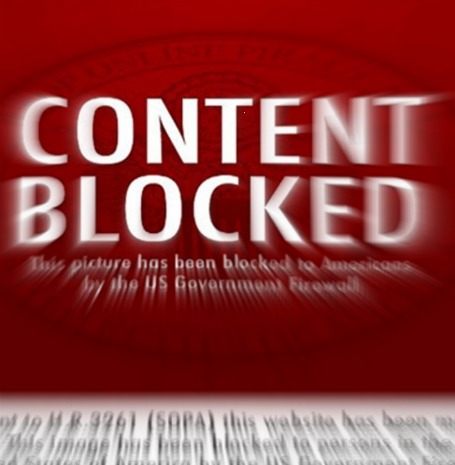WASHINGTON D.C.—By now you have probably heard or read about SOPA and PIPA, but do you know the reasons why this bill was initiated and why it is so controversial? Here is a brief explanation of SOPA and PIPA and how it would affect many if this anti-piracy bill becomes a law.
What Is SOPA?
SOPA (Stop Online Piracy Act) functions in similar ways as the PIPA (Protect IP Act) which was introduced in the U.S. Senate on October 2011. PIPA is a bill that was introduced to expand the ability of copyright holders and U.S. law enforcement to seek court orders against websites accused of making feasible and facilitating copyright infringement. The additional purpose of SOPA will be to compel foreign websites to stop piracy by requiring the U.S. search engines and other advertising networks to withhold their services to these foreign sites.
What Does This Mean For Internet Users?
This means that sites like Google, Bing, and Yahoo would not show certain sites in their search engines when users attempt to do a search. SOPA would block the traffic of U.S. users to these flagged engines and might even block the payment of processors like PayPal and EBay to such sites.
Why the Blackout of some Sites?
Sites like Wikipedia, BoingBoing, Mozilla, WordPress, TwitPic and others are blacked out their pages on January 18 to make a protest against the SOPA and PIPA act. They state that this is meant to be a solidarity protest and even Google is showing a black doodle and message on their page that reads “Tell Congress: Please don’t censor the web.”
What Will Happen Next?
It seems like both proponents and opponents of the bill agree that protecting web content is important and necessary. However, opponents hold that bills like SOPA and PIPA violate the First Amendment and that it promotes censorship which the opposition believes may ultimately cripple the internet.
But can this be possible? For now, we (millions of internet users) just need to wait and see if the bill get approved and it becomes a law. Harry Reid, the Senate Majority leader was scheduled to vote on the legislation of PIPA on January 24 but he announced via Twitter that he decided to postpone his vote in light of the recent events. Similarly the chairman of the House Judiciary Committee, Lamar Smith will postpone consideration of the legislation until there is agreement on the matter. Chairman Smith in a recent official press release stated, “I have heard from the critics and I take seriously their concerns regarding proposed legislation to address the problem of online piracy. It is clear that we need to revisit the approach on how best to address the problem of foreign thieves that steal and sell American inventions and products.”






